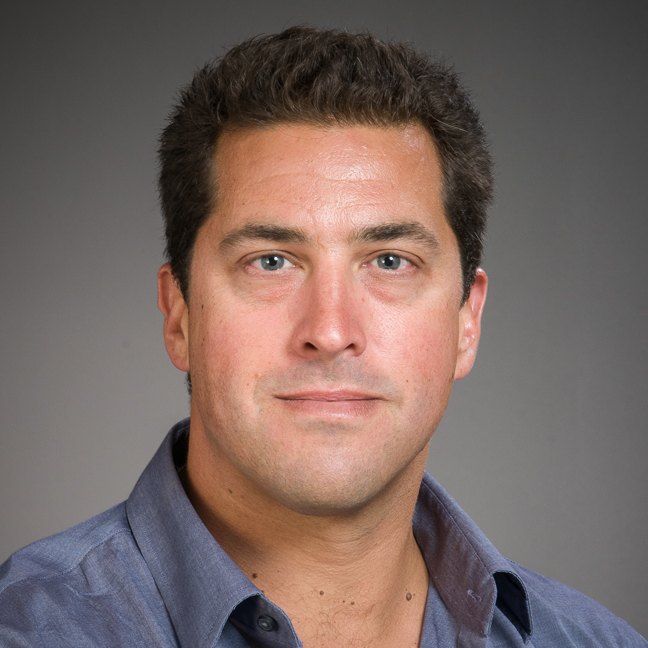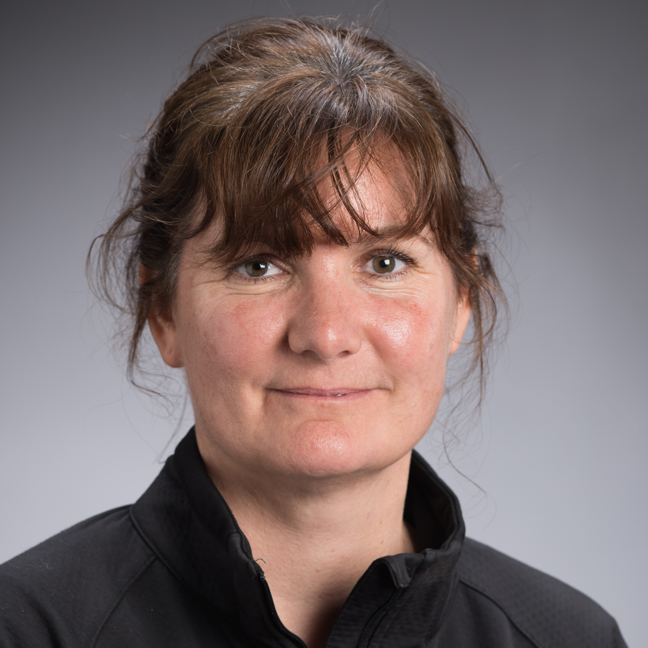Marine Conservation
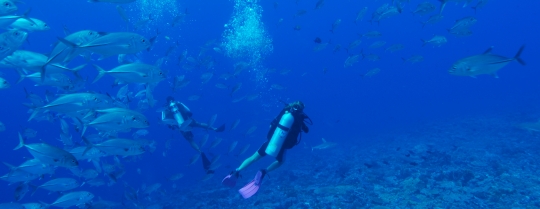
Overview
The School of Biological Sciences at Victoria University is pleased to offer New Zealand's first graduate programme in Marine Conservation. The programme educates students in marine conservation issues and practice using examples from New Zealand, Australia and the South Pacific, which are applicable worldwide.
New Zealand is an ideal location to undertake study in this important field, with unparalleled access to a range of temperate marine environments, including rocky shores, estuaries, fiords and sea mounts. Wellington itself is within easy reach of two marine reserves—Kapiti and Taputeranga. The course also leverages New Zealand’s international reputation in marine conservation and fisheries management.
New Zealand is a world-leader in marine conservation. We produce graduates with the skills to conserve marine environments in New Zealand, the Pacific and worldwide. With the pressing need for scientists to advise on, implement and manage the growing number of Marine Protected Areas both in the South Pacific region and world wide, marine conservation graduates are highly sought after.
Study options
Two study options are available:
- Master of Marine Conservation (MMarCon), a taught Master's with no thesis component. It is an 12 month programme that may be started in January or June. The MMarCon is the only taught marine conservation Master's degree in New Zealand.
- Postgraduate Certificate in Marine Conservation (PGCertMarCon), involving 6 months of coursework. It may be started in January or June.
Study in New Zealand
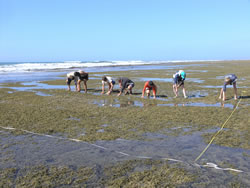
New Zealand is a unique place to study marine conservation. Its extensive coastline reaches from sub-tropical climates in the far north to the remote and windswept Stewart Island, in southern latitudes. Home to numerous rare and endemic marine organisms, from the tiny phytoplankton to the formidable sealion, New Zealand’s unspoilt natural beauty is legendary.
Students will visit several world-renowned marine conservation sites as part of the course, with Kaikoura a particular highlight. Its unique location supports a profusion of wildlife, including sperm whales, dolphins, albatrosses, seals and penguins, which are easily accessible from land. The conservation management necessary for the growing tourism industry based on this accessibility is examined as a case study.
The programme also deals directly with marine conservation issues of cultural and socioeconomic significance to Māori and Pacific peoples, such as exploitation of coastal regions and ecotourism, seabed and foreshore rights, and community-led conservation strategies.
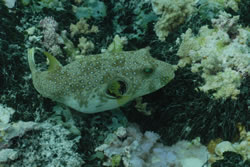
International links
The programme includes a two-week field course to Australia, where students visit tropical mangroves, seagrass beds and Heron Island on the Great Barrier Reef.
Current hot issues such as shark and dugong conservation, coral bleaching and management of the Great Barrier Reef will be explored by University of Queensland staff, including world-leading coral reef biologists. Teaching contributions are also made by staff from the Great Barrier Reef Marine Park Authority.
Entry requirements
Candidates should have completed a Bachelor's degree, or another relevant qualification in the biological sciences with approval from the Associate Dean (Students). An average grade of B+ or higher is required in the 300-level courses.
Course requirements
PGCertMarCon
- 90 points from the Master of Marine Conservation courses, including at least one from BIOL 424, 519 and 529.
MMarCon
Part 1 (January–June)
- BIOL 424
- 60 further points from the MMarCon Schedule (e.g. BIOL 416, 417, 420, 422–425, , ERES 526, ENVI 505, MAOR 411)
Part 2 (July–December)
- BIOL 519 and 529, and 30 further points from the MMarCon Schedule (e.g. BIOL 403, 410, 426, 440, BMAR 580, ERES 526, ENVI 506, MAOR 409, PASI 402–403)
Teaching staff
The programme brings together staff in the School of Biological Sciences with existing strengths in marine biology and conservation biology.
Associate Professor James Bell, the course coordinator, has extensive experience of marine conservation and management of temperate and tropical ecosystems from around the world. Other staff from the School involved in the programme include:
Professor of Marine Biology
School of Biological Sciences

Jonathan Gardner
Emeritus Professor
School of Biological Sciences
Associate Dean, Postgraduate Research
Faculty of Science and Engineering

Nicole Phillips
Professor of Biology
School of Biological Sciences
Dean of Faculty of Science and Engineering
Faculty of Science and Engineering
In addition to Victoria University staff, we also have teaching contributions from a large range of speakers from conservation groups and government agencies (see course information for details).
Closing dates and applications
The closing date for study beginning in January is 15 October. The closing date for study beginning in June is 15 March. Late applications may be possible by negotiation, depending on circumstances.
Please contact the Programme Director, James Bell, before making an official application.
Professor of Marine Biology
School of Biological Sciences
All photographs ©Dr JJ Bell



